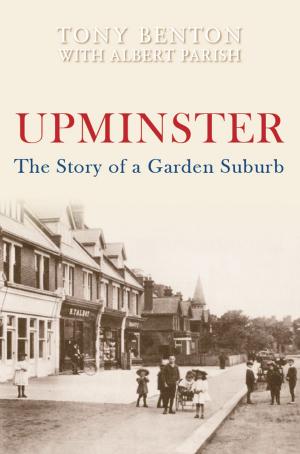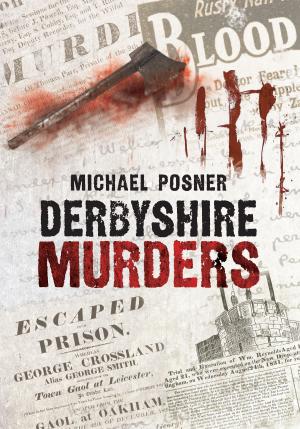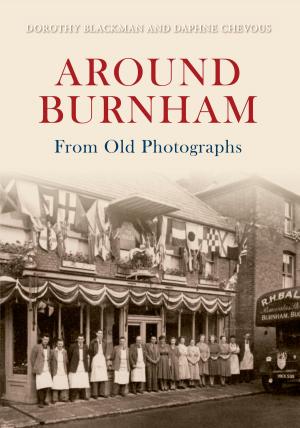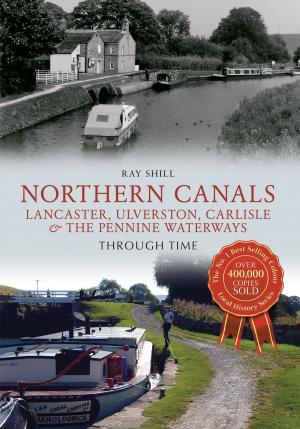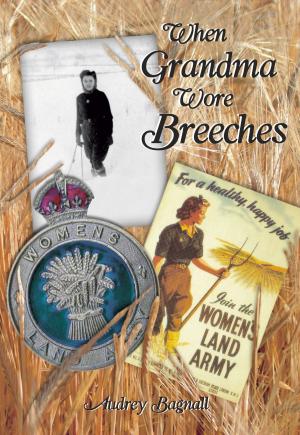A History of Whitby and its Place Names
Nonfiction, Art & Architecture, Photography, Pictorials, Travel, Reference & Language, Reference, History| Author: | Colin Waters | ISBN: | 9781445624662 |
| Publisher: | Amberley Publishing | Publication: | June 15, 2011 |
| Imprint: | Amberley Publishing | Language: | English |
| Author: | Colin Waters |
| ISBN: | 9781445624662 |
| Publisher: | Amberley Publishing |
| Publication: | June 15, 2011 |
| Imprint: | Amberley Publishing |
| Language: | English |
If you've ever wondered where Cross Bar Lane, Banjo Cottage, the Blue Robin and the Bug House cinema were, or how Jacky Fields, Caller Beck, Egton Village, Gallows Close and Cock Mill got their names, then A History of Whitby & its Place Names will be of interest to you. This absorbing and well-researched book by local historian Colin Waters is full of fascinating facts laid out in an easy to read A - Z format and can just as easily be dipped into or read from cover to cover. With explanations of the origins of the town's street, village, and place names and how they are linked to people and events in Whitby's history (sometimes as far back as Roman and Viking times), this interesting book presents a new way of looking at the area's ancient origins. Learn how French wartime prisoners were used as local slave labour, how religious frescoes were lost to history because a local photographer failed to catch them on film before they were destroyed, and where Whitby's Roman and Viking settlers built their religious temples. Illustrated with both old and modern images, this succinct guide to old Whitby and its place names should be on the bookshelf of every lover of local history.
If you've ever wondered where Cross Bar Lane, Banjo Cottage, the Blue Robin and the Bug House cinema were, or how Jacky Fields, Caller Beck, Egton Village, Gallows Close and Cock Mill got their names, then A History of Whitby & its Place Names will be of interest to you. This absorbing and well-researched book by local historian Colin Waters is full of fascinating facts laid out in an easy to read A - Z format and can just as easily be dipped into or read from cover to cover. With explanations of the origins of the town's street, village, and place names and how they are linked to people and events in Whitby's history (sometimes as far back as Roman and Viking times), this interesting book presents a new way of looking at the area's ancient origins. Learn how French wartime prisoners were used as local slave labour, how religious frescoes were lost to history because a local photographer failed to catch them on film before they were destroyed, and where Whitby's Roman and Viking settlers built their religious temples. Illustrated with both old and modern images, this succinct guide to old Whitby and its place names should be on the bookshelf of every lover of local history.

